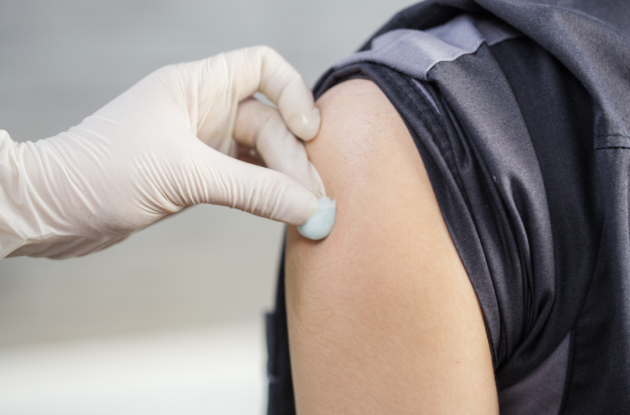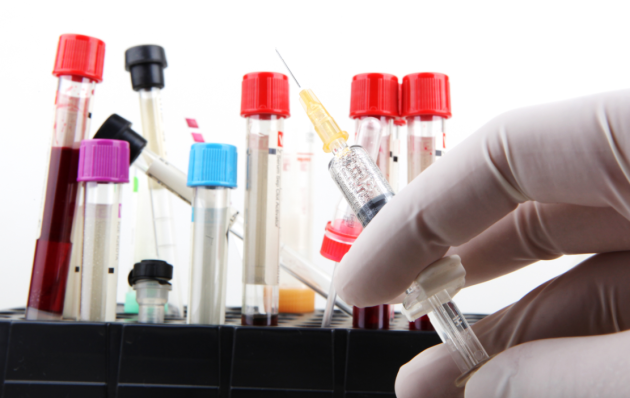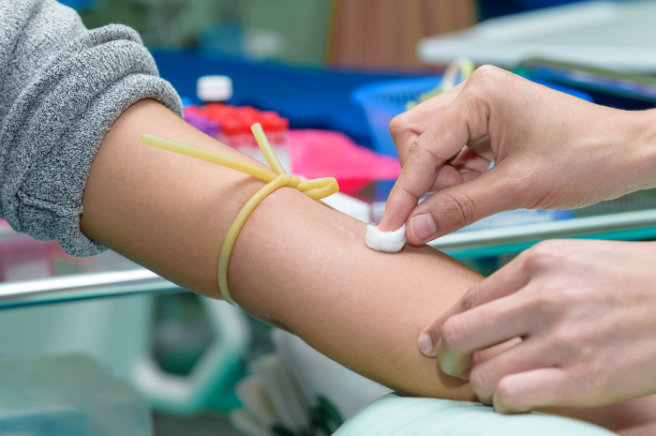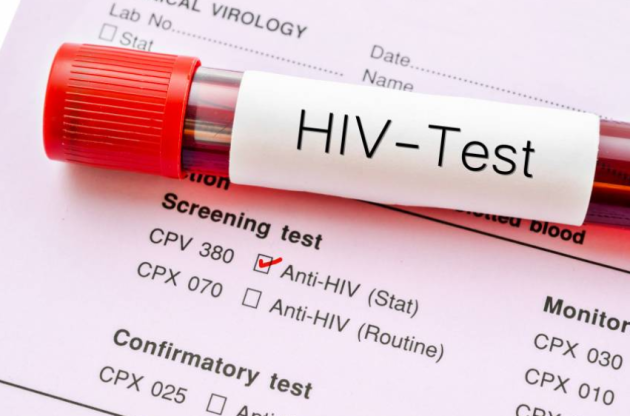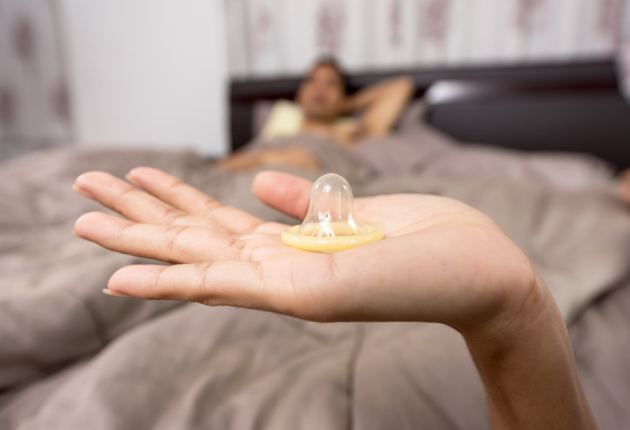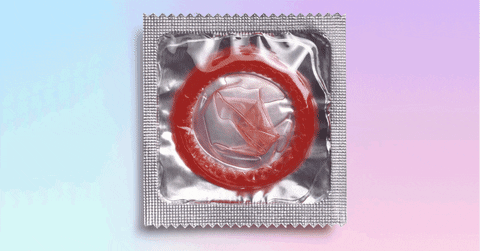The giggles, the embarrassment and the speculation circled the classroom – a lady was on her way to teach us about sex.
Cue the dildo sitting in the centre of the table and the dodgy glances between a bunch of 17-year-old girls.
After a brief, two-sentence description on what a penis was – it was whipped away, as the woman exclaimed that we would be WAAAY too distracted by the sight of the male anatomy – b*tch, please.
Periods, pregnancy and STIs were mentioned, and that was it – that's all I can remember about my sex education in school – but it seems like I was one of the lucky ones.
Grilling the SHEmazing office about their sex ed, more often than not I got the reply of – 'we didn't get any,' 'I went to an all-girls school,' or 'there was the advice of waiting until you were married.'
I'm not gonna lie but I was stunned – but I don't know why? If you even try to talk to the majority of Irish men about periods – they're clueless, and that it isn't entirely their fault – it's the culture we've been raised with.
Shame around sex, unplanned pregnancy and masturbation are commonplace in classrooms around the country.
But the lack of sex education means that young people are missing out on serious topics too – these are just a number of topics that weren't discussed in our Irish sex education lessons.
Consent
It is only in the last couple of years has the issue of consent been raised in our society.
Yet still, people dismiss the importance of teaching men and women what is and isn't consensual sex, kissing and touching.
The word wasn't even uttered in the classroom and when the possibility of it being taught in universities arose, people scoffed.
If you do have the opportunity to go and learn about consent, please do.
Porn
God forbid that the 'expert' stood at the top of the room might address the issue of what you see in porn.
But we could only imagine the looks and dismissal you would receive if you even try to ask the question.
Yet the porn industry is a problem for young men and women around the country – leading to very high, misinformed expectations and unreasonable pressure around sex for both parties.
More often than not, both genders feel like their body and performances can't live up to what they see on porn – and FYI, the reason for that is because porn isn't reality.
Unplanned Pregnancy, Miscarriage, The Morning After Pill, Abortion and Fertility issues
Usually, the pregnancy topic is approached from a very unrealistic standpoint – "when you find yourself a nice husband, you can settle down and have a baby."
I know first hand what unplanned pregnancy feels like and I can confirm that none of my sex ed helped me prepare myself for how scary and challenging the situation was.
There's no information offered surrounding the morning after pill, the time window you have to use it and how effective it is.
And of course, because abortion was illegal – it wasn't even dared to be uttered.
However, the topic of miscarriage could and should have been spoken about, so if you ever find yourself in this heartbreaking situation, you know what to do and what to expect – to know that you aren't alone and you haven't done anything wrong in your pregnancy.
Fertility issues are very common in our society, particularly conditions such as endometriosis and polycystic ovary syndrome – yet we weren't given any information about the signs, symptoms and treatments available.
Contraception and STIs
Though some of us got the condom on the banana job – most of us didn't get a good understanding of what types of different options we have out there.
What the side effects come with different contraceptives, how effective they may or may not be and how crucial double protection is – (I now have a four-year-old thanks to this).
And although some of us got to grips with STDs and STIs, it was with a lot of stigma instead of real advice.
Education and being comfortable with the subject is becoming more and more important as there had been a 10 percent increase in STIs from 2016 to 2017.
Empowerment of personal sexuality, masturbation and sexual orientation
Want to learn that it's perfectly healthy to explore your body, mind and sexuality? Then don't go to your sex ed class in school.
More often than not, these subjects aren't even touched.
Enjoying sex, masturbation and those we chose to love should be embraced and not shamed, since in the real world the majority of people don't give a flying f**k.
No LGBT or LGBTQ organisations were even mentioned or how normal it is to be attracted to the same sex.
It's time to reform the way we educate the young people of Ireland.
Stop the archaic view of sex and give the next generation useful information on what they really need to know about.











